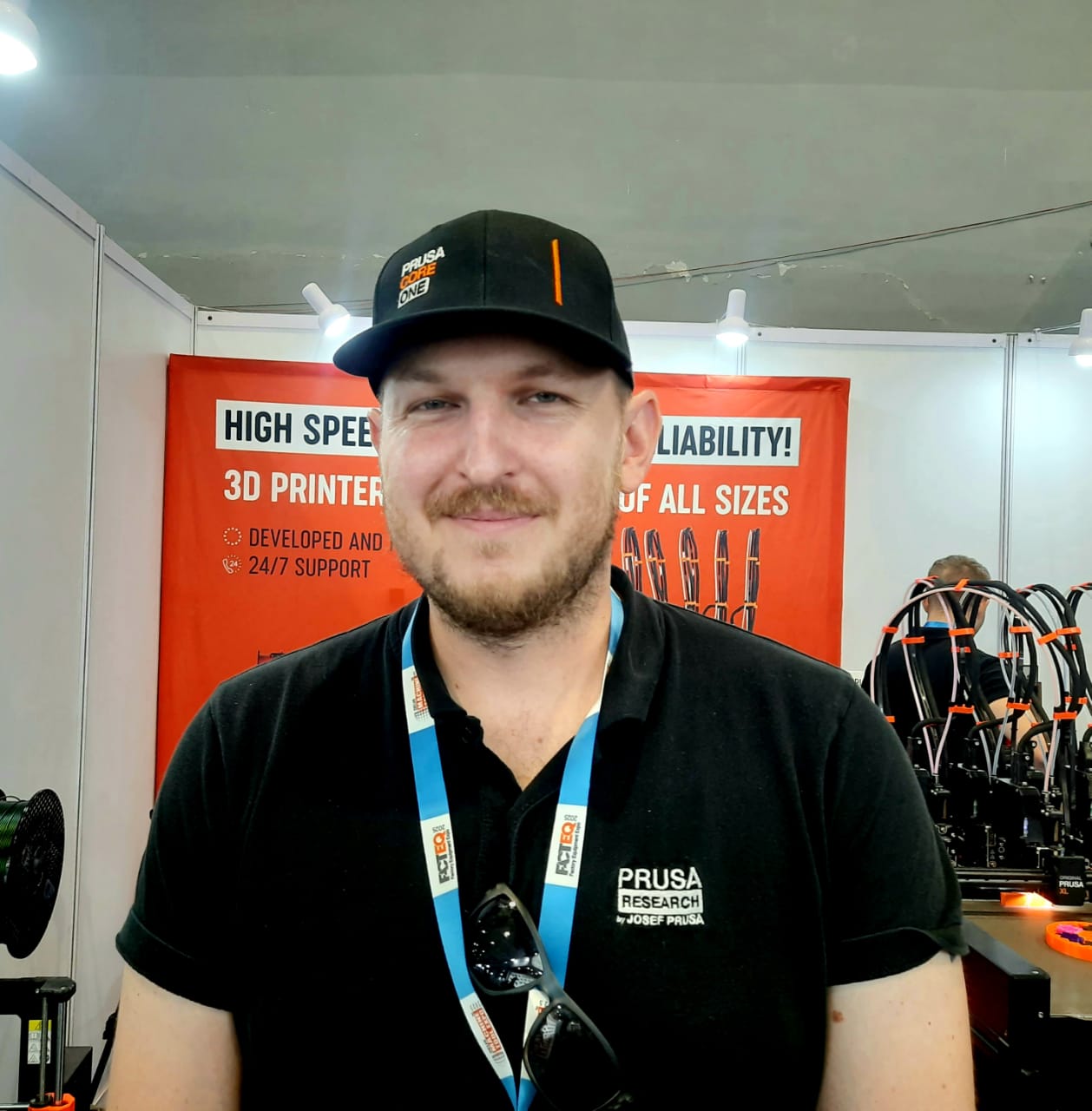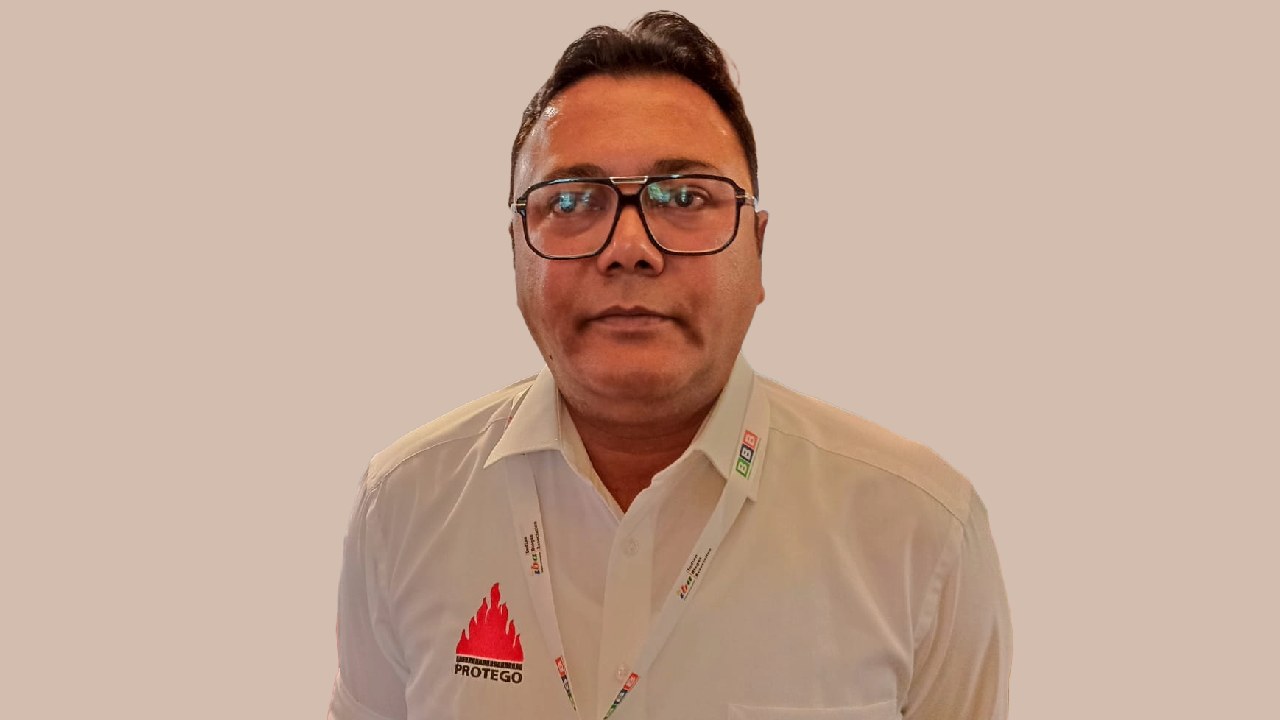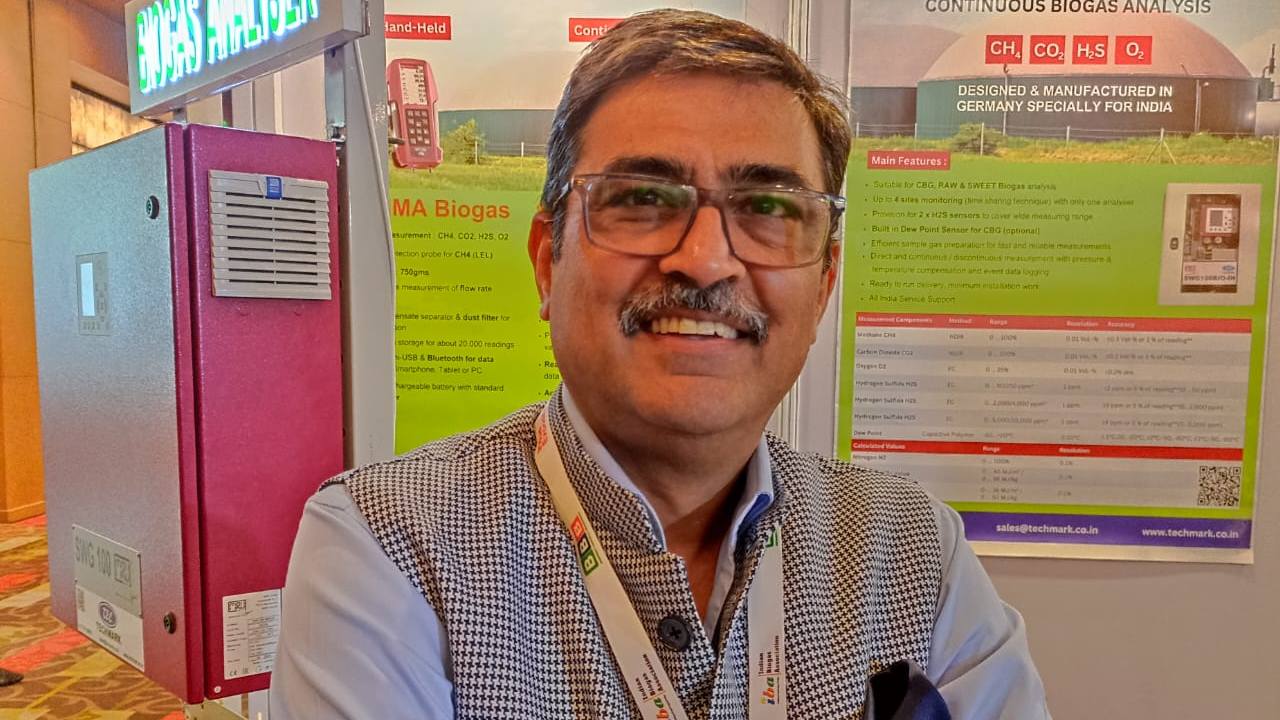World Menstrual Hygiene Day, observed annually on May 28th, is a crucial global initiative aimed at breaking the silence and raising awareness about menstrual hygiene. This day underscores the importance of good menstrual hygiene management (MHM) practices, which are essential for the health, dignity, and empowerment of women and girls worldwide. It provides a platform to challenge the stigmas and taboos surrounding menstruation, fostering an environment that encourages open discussions and education about menstrual health.
Access to proper menstrual hygiene products and facilities is a fundamental human right. However, many girls and women still face significant barriers, such as a lack of sanitary products, inadequate facilities for managing menstruation privately, and limited knowledge due to cultural taboos. These challenges can lead to serious health issues, hinder educational opportunities, and perpetuate gender inequality.
This year’s theme, “Together for a #PeriodFriendlyWorld,” set by UNFPA, brings us closer to a world where all women can manage their periods safely, hygienically, and with dignity.
In an exclusive exchange with The Interview World, Trine Angeline Sig, Co-founder and Managing Director of Real Relief, highlights how Real Relief empowers women by providing access to safe and affordable menstrual health and hygiene products. She discusses their inclusive approach to healthcare for Indian women and women of other diverse backgrounds, and shares her thoughts on improving product accessibility for women in economically disadvantaged regions. Here are key insights from her interview.
Q: How is Real Relief helping women gain access to safe and affordable menstrual health and hygiene products?
A: In India and beyond, our innovative solutions are revolutionizing menstrual care. Our products boast a unique technology, rigorously tested and proven effective. This technology, an antimicrobial marvel, is applied to both the Safepad, a reusable sanitary pad, and the Safepanty.
Derived from the realm of implant sterilization, this trusted technology ensures our products remain bacteria-free, providing unparalleled hygiene for menstruators across India.
In our Indian operations, we’ve implemented a comprehensive system for recycling plastic waste. We collect, clean, and process the plastic into granulates, which are then spun into yarns. These yarns form the basis of a groundbreaking fabric we’ve dubbed Safepad Recycled.
Presently, our operations span across three primary manufacturing sites in India, supporting ten sewing facilities in eight countries worldwide. Through our sustainable practices and cutting-edge technology, we’re not only revolutionizing menstrual care but also contributing to global environmental efforts.
Q: How has the Indian market responded to your products?
A: We’re receiving a fantastic response. However, despite this positivity, there remains a significant amount of stigma and taboo surrounding menstruation in India. Consequently, many users are hesitant to indicate they’re menstruating.
Traditionally, one would hang pads or cloth pieces outside in the sun to utilize its rays for bacteria elimination. With our innovations, this step becomes unnecessary as our technology effectively kills bacteria and yeast. Therefore, you can simply wash and dry the products in a well-ventilated area inside your home.
The reliance on sunlight for bacteria elimination becomes irrelevant. Our technology takes care of that aspect for you.
Q: What specific measures are you taking to ensure inclusivity in healthcare for Indian women and women of other diverse backgrounds?
A: We aim to democratize access by crafting high-quality affordable products. Although accessibility remains a challenge, we’re actively working towards making our product widely available through established channels. Our collaborations span across governments, ministries, UN and international organizations, as well as national and faith-based groups. Additionally, we engage in technology transfer initiatives within communities, empowering women to produce the pads locally and fostering self-sufficiency.
Q: Can you describe your approach to improving the accessibility of your products for women in economically disadvantaged regions?
A: We prioritize capacity building not only within India but on a global scale. To date, we’ve distributed over 10 million packages of reusable antimicrobial treatment packs, but this is just a fraction of what’s needed. The demand is immense, with over 500 million girls and women worldwide still grappling with period poverty.
Fortunately, there’s a burgeoning community of innovators and industry leaders, both in India and beyond, dedicated to finding solutions. However, we require support from government entities to promote the adoption of environmentally friendly products, as there’s a clear market for them.
Yet, despite the pressing need, there’s a significant lack of funding to bridge the gap between supply and demand. We possess the solutions, resources, technologies, and willing administrators, but a gap remains. Closing this gap requires collective effort. Every individual can contribute to creating a world free from period poverty. Let’s unite and rally behind global strategies. Let’s advocate for investments in the sector to foster the growth of new technologies. Together, let’s work towards positive change, promoting mental health and gender equality not only in India but worldwide.








